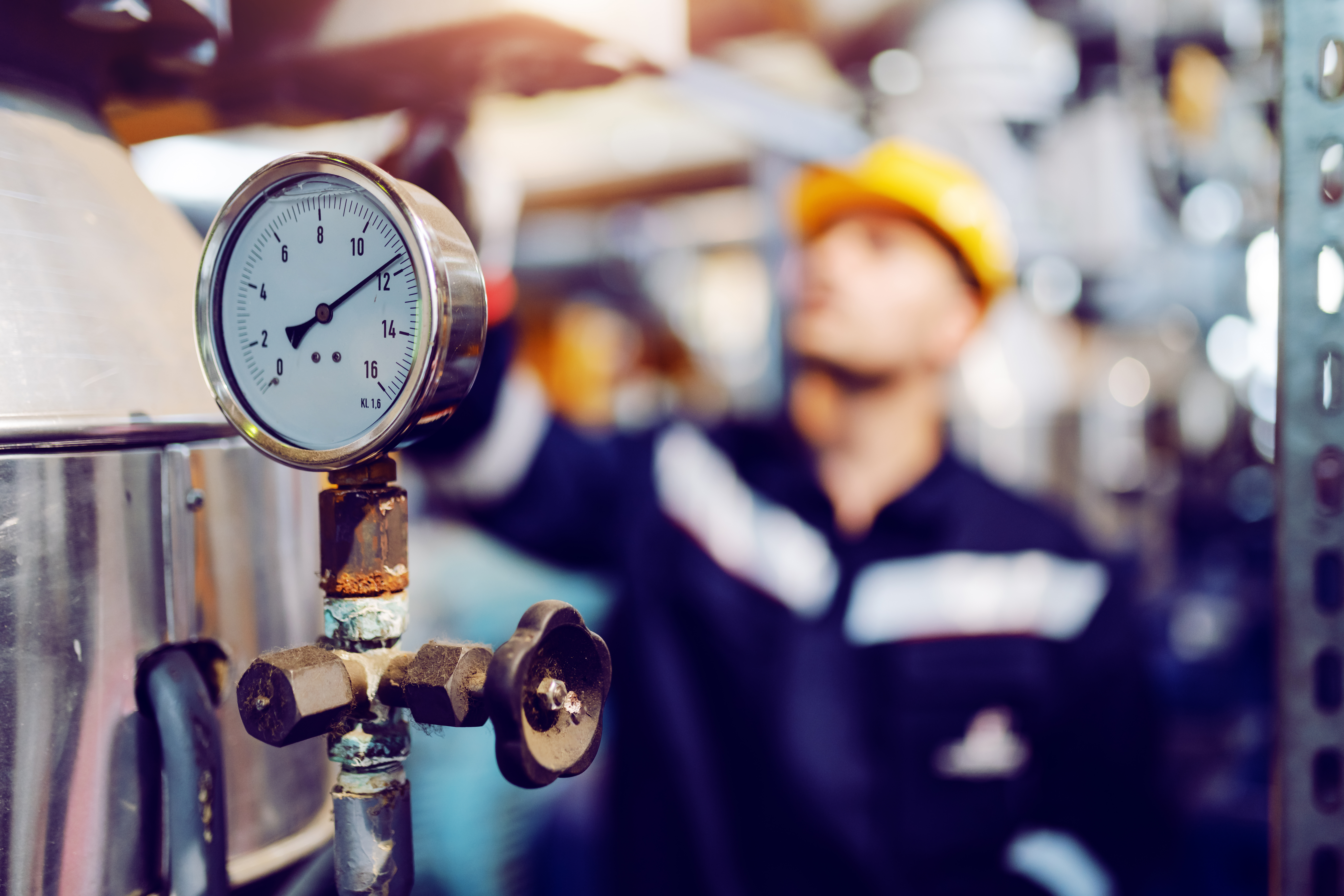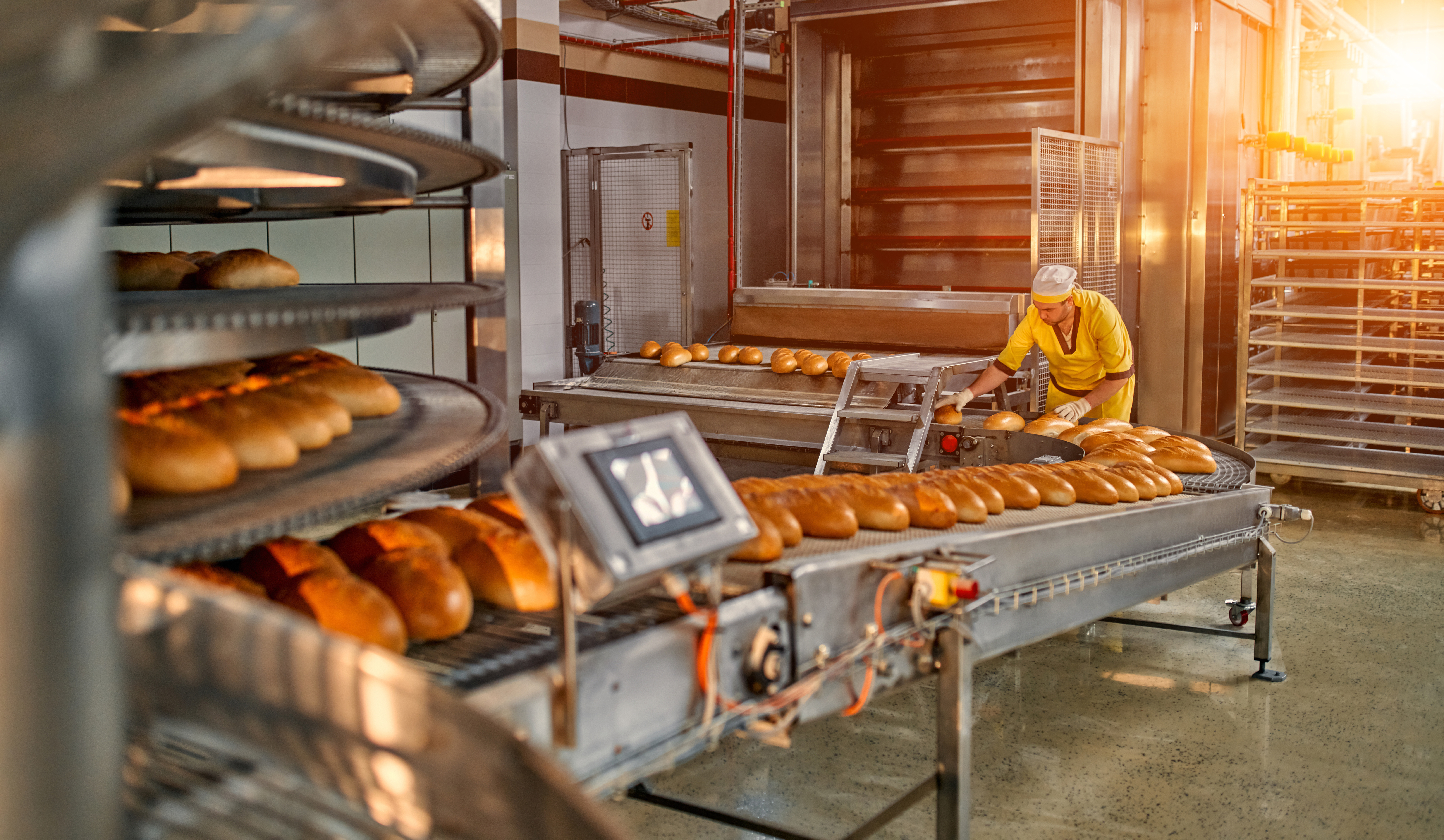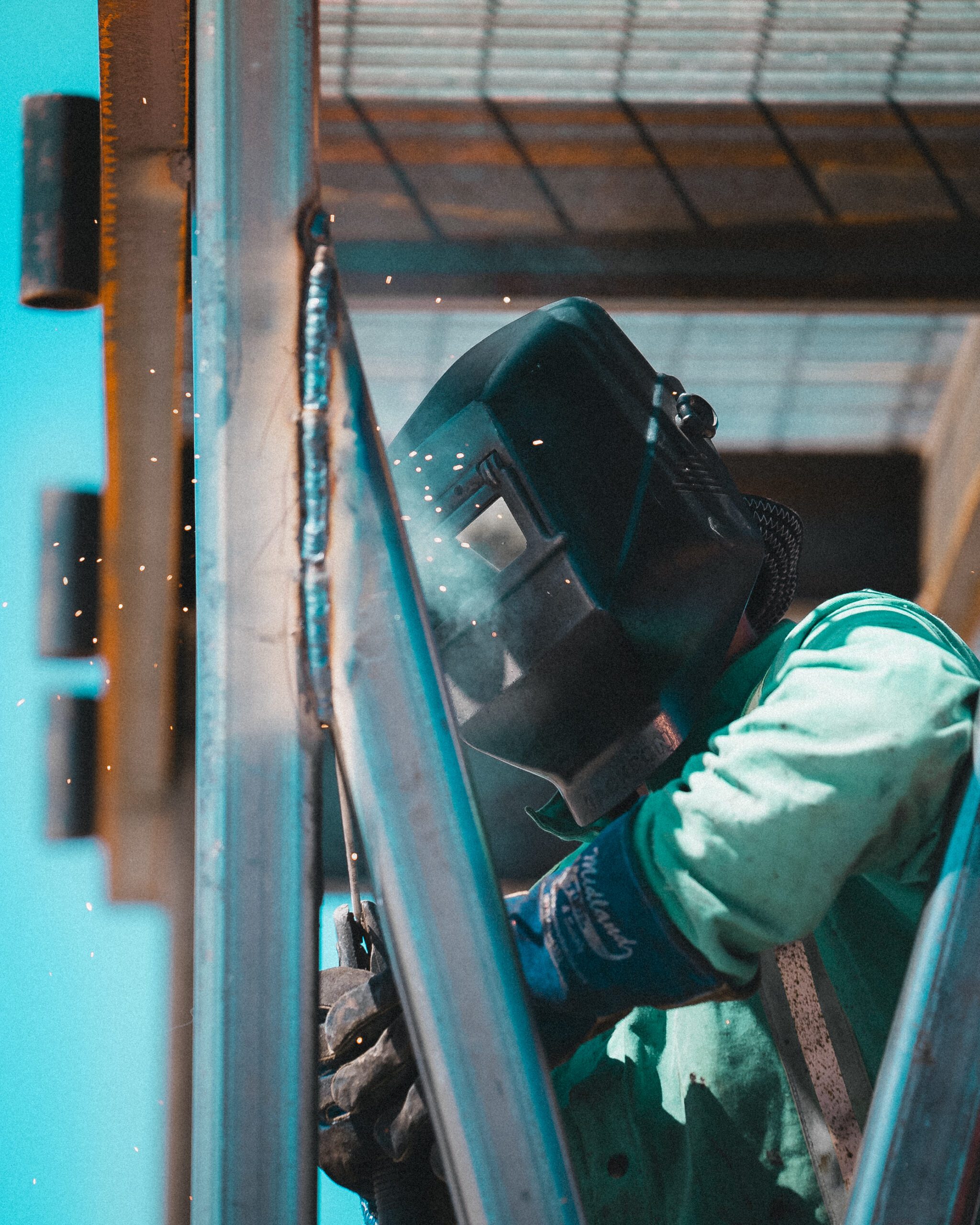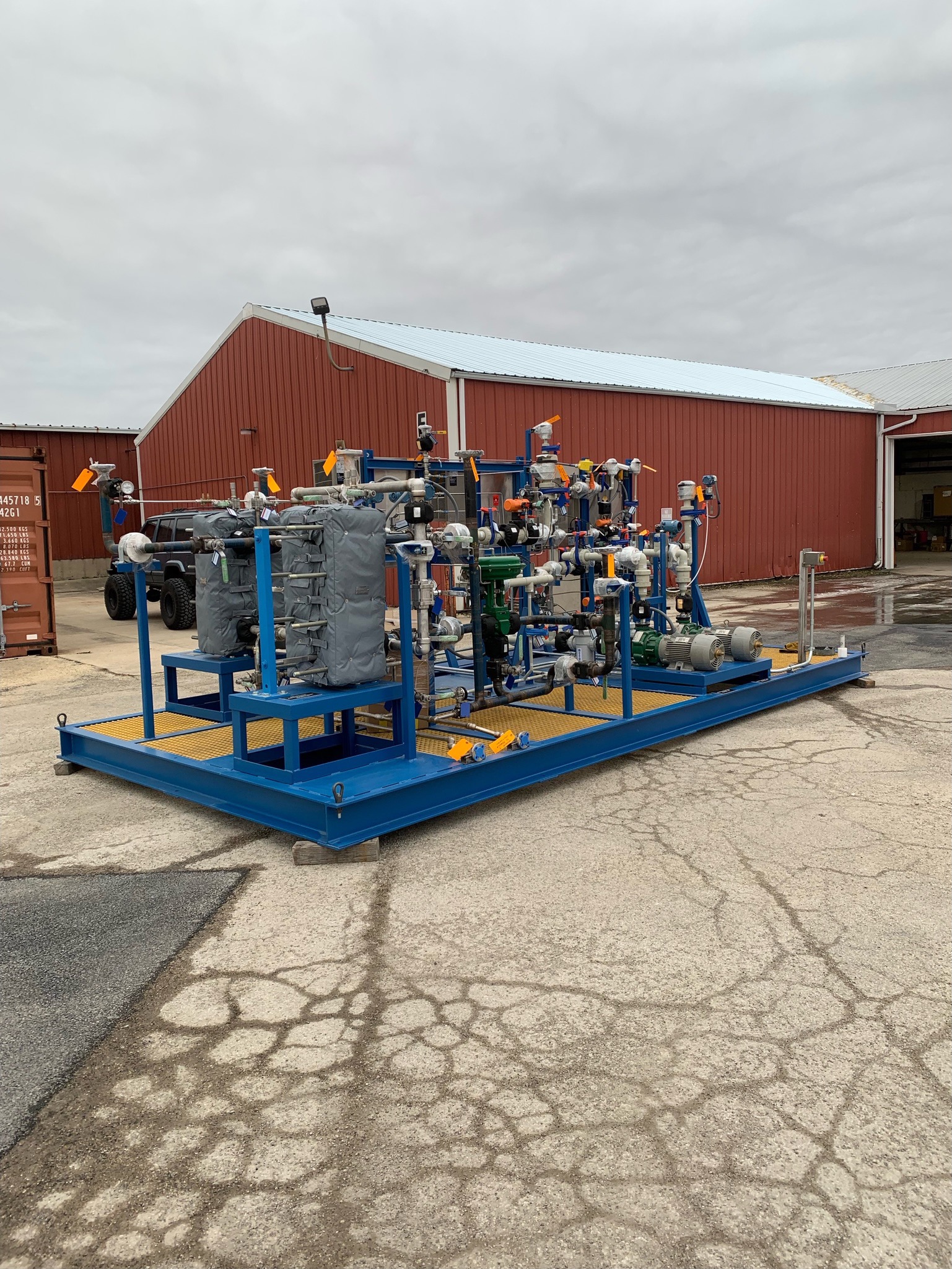Boilers are the unsung heroes in industrial facilities, quietly powering energy production and heating systems to keep operations running smoothly. These mechanical workhorses deserve our attention and care because their optimal performance is crucial for both efficiency and safety. Regular maintenance is the key to unlocking their potential and protecting your bottom line.
Let’s dive into the benefits that come with regular boiler maintenance:
- Enhanced Efficiency: Picture this – by keeping your boilers well-maintained, you can significantly improve their efficiency. This means less fuel wastage, lower energy expenses, and a healthier bottom line for your business. When your boilers perform optimally, heat transfer is at its best, resulting in more efficient operations overall.
- Increased Safety: Safety should always be a top concern, and regular boiler maintenance helps ensure that your industrial facility remains a safe environment. By addressing potential issues early on, you can prevent accidents, leaks, and all those nasty hazards that can put your employees and property at risk. Compliance with safety regulations and standards isn’t just about avoiding fines – it’s about prioritizing the well-being of everyone on-site.
- Extended Lifespan of Boilers: Boilers are a significant investment, and you want to get the most out of them. Regular maintenance plays a key role in extending the lifespan of your boilers by minimizing wear and tear on critical components. This proactive approach saves you from costly emergency repairs or premature replacements, keeping your budget intact.
Here are some key maintenance practices to keep in mind:
- Routine Inspections: Regular inspections act as your boiler’s preventive health check-up, allowing technicians to identify potential issues before they escalate. By checking for leaks, corrosion, and pressure abnormalities, you can catch and resolve problems early on, saving you time, money, and headaches down the line.
- Cleaning and Calibration: Just like any other machine, boilers perform best when they’re clean and calibrated correctly. Regular cleaning removes built-up sediments and mineral deposits that can hinder performance and pose safety risks. Calibration ensures that your boiler’s controls and settings are finely tuned for optimal operation.
- Component Maintenance: Valves, pumps, and burners are the unsung heroes within boilers. Regular maintenance, including lubrication and repair, keeps these vital components functioning like clockwork. Think of it as giving your boiler the TLC it deserves.
Establishing a Maintenance Schedule requires some careful thought:
Consider factors like fuel quality, water quality, and the specific demands of your facility when determining the frequency of maintenance checks. Collaborate with expert technicians or service providers who can assist in setting up a schedule that suits your unique requirements. They can perform periodic inspections and maintenance checks while providing expert guidance along the way.
Regular Maintenance? Isn’t that expensive? Not at all:
Regular maintenance actually saves you money in the long run. By optimizing your boiler’s performance, you reduce energy consumption and lower utility bills. Plus, you can avoid expensive emergency repairs and replacements by addressing issues proactively. Improved operational efficiency means increased productivity and ultimately contributes to your organization’s success.
In conclusion, regular boiler maintenance is not something to be overlooked in industrial facilities. It ensures optimal efficiency, enhances safety, and protects your investment. By prioritizing maintenance, collaborating with experts, and establishing a solid plan, you can unlock the full potential of your boilers and keep your operations running like a well-oiled machine. Trust us – it’s worth it.
Connect with us here about our boiler installation, repair and maintenance services.



